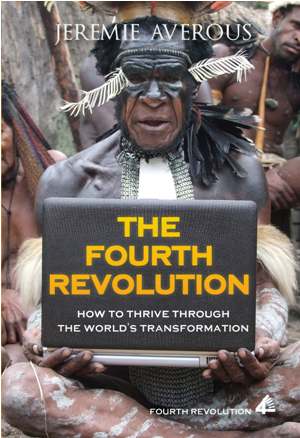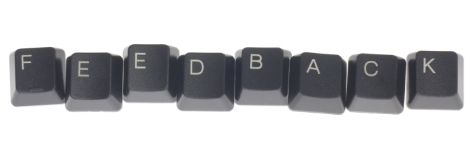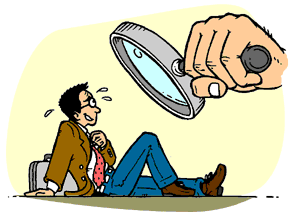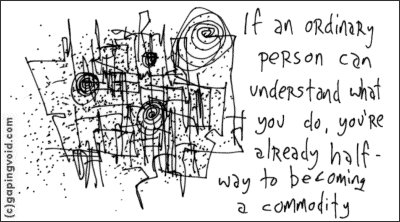
The Fourth Revolution book is finally printed! I received the first copies today!
While it will be first distributed physically in Malaysia and Singapore, distribution will be soon worldwide with a Print-On-Demand solution.
In this detailed book you’ll find all the concepts of the Fourth Revolution explained in detail. What is most valuable is the historical perspective, looking at what happened in the previous Revolutions, to better understand what is happening.
I look forward to receiving your feedback on the book!
It will be available within one month in most distribution channels – in the meantime directly from me (I still need to figure out the logistics!).





